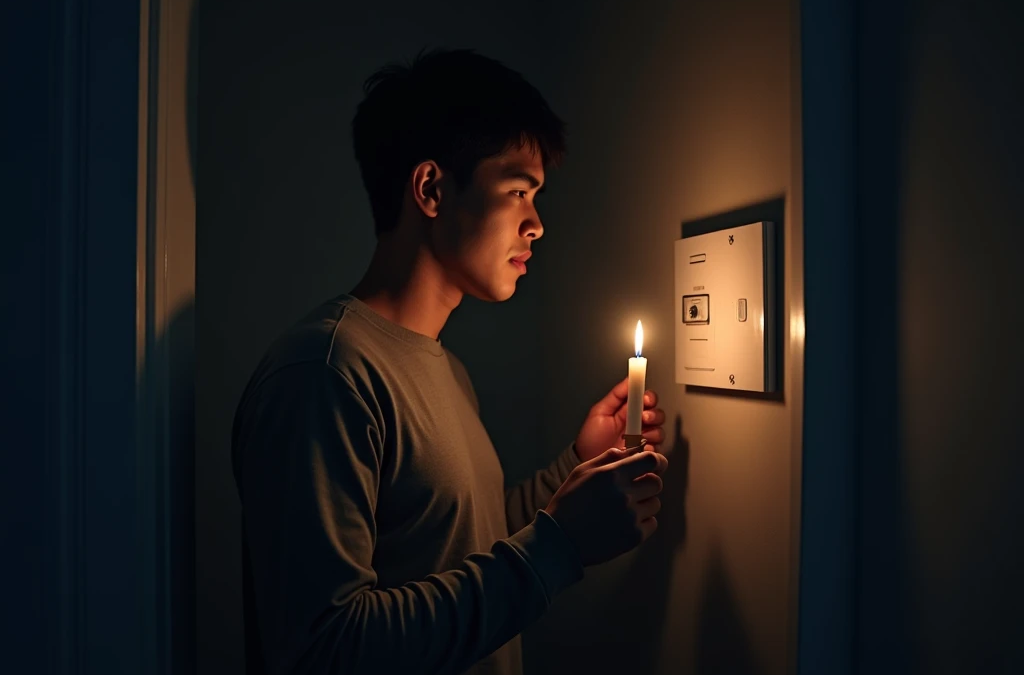Introduction
Electrical problems can be frustrating and sometimes even dangerous, whether it’s a flickering light, a tripped breaker, or an unresponsive outlet. Knowing how to handle these issues safely and effectively is essential to avoid potential hazards and costly repairs.
Discover practical tips and safety advice for troubleshooting common electrical issues and knowing when to call in the experts.
1. Stay Calm and Prioritize Safety
2. Troubleshoot Minor Issues
Many common electrical issues can be addressed with basic troubleshooting. If your circuit breaker has tripped, start by checking the breaker panel and resetting any tripped switches. This simple step often solves problems related to overloads or short circuits. A blown fuse can also be dealt with easily by replacing it with a new one that matches the correct rating for the circuit.
However, never replace a fuse with one of a higher rating, as this can create a serious fire risk. If you suspect a faulty outlet or switch, you can test it by plugging in another device to see if the issue lies with the outlet. If the device works in other outlets, but not in the suspected one, it’s likely that the outlet itself is faulty.
3. Look for Common Signs of Trouble
Recognizing the common warning signs of electrical trouble is essential for ensuring safety. Flickering lights may suggest loose connections or overloaded circuits. If you detect a burning smell, this is a sign that something may be overheating, and you should immediately turn off the power to prevent a potential fire hazard.
Frequent breaker trips could point to an overloaded circuit or faulty appliances, and these should be addressed as soon as possible. Any of these symptoms can signal underlying issues that, if ignored, could escalate into more serious problems.

4. Check Your Appliances
In some cases, the problem may lie with the appliances themselves rather than the wiring or electrical system. Check power cords for any visible signs of damage or fraying, as this can pose a serious safety hazard. If an appliance is malfunctioning, test it on a different outlet to determine if the outlet or the device itself is the source of the issue. Additionally, unplug any unnecessary devices to reduce the load on a circuit, which helps prevent overloads and keeps your electrical system running safely.

5. Avoid DIY for Major Repairs
While it’s fine to troubleshoot minor electrical problems, more complex issues should be left to professionals. Avoid attempting repairs on wiring, the breaker panel, or other critical electrical components unless you are trained. Attempting these repairs without proper knowledge can be dangerous and may cause further damage.
If you experience frequent power outages, electrical shocks, or sparking outlets, it’s essential to contact a licensed electrician. These issues are often symptoms of more significant problems that require expert attention to fix safely and effectively.
6. Know When to Call a Professional
If you are unsure about the cause of the electrical problem or feel unsafe at any point, it’s always best to contact a qualified electrician. Trying to resolve certain issues without proper knowledge can be hazardous. Professional help is especially necessary for issues like frequent electrical surges, buzzing noises from outlets or switches, or outdated wiring, all of which require specialized knowledge and tools. An electrician can not only diagnose the problem but also ensure that the necessary repairs are made to keep your home safe.

7. Prevent Future Problems
To avoid recurring electrical issues, be mindful of how you use your outlets and devices. Never overload outlets by plugging in too many devices at once or using extension cords as a long-term solution. This can lead to overheating and increase the risk of fire. Installing surge protectors is a smart way to safeguard your appliances from power surges that could damage sensitive electronics.
Additionally, it’s a good idea to schedule regular electrical inspections, particularly for older homes, to catch potential issues before they escalate into larger problems. Regular maintenance can help you avoid costly repairs and ensure the ongoing safety of your home.
Conclusion
In conclusion, dealing with electrical issues requires a careful and systematic approach to ensure both safety and effective resolution. By staying calm, prioritizing safety, and troubleshooting minor problems, you can often resolve common electrical issues without professional help. However, it’s important to recognize the signs of more serious problems, such as burning smells or frequent breaker trips, which may require professional attention. Always exercise caution when handling electrical components, and know when to call a licensed electrician to prevent further damage or potential hazards. By taking preventive measures, such as regular inspections and avoiding overloading outlets, you can reduce the likelihood of future issues and ensure the long-term safety of your electrical system. Ultimately, maintaining awareness and following proper safety protocols will help you manage electrical issues confidently and effectively. Contact Us for more info!

